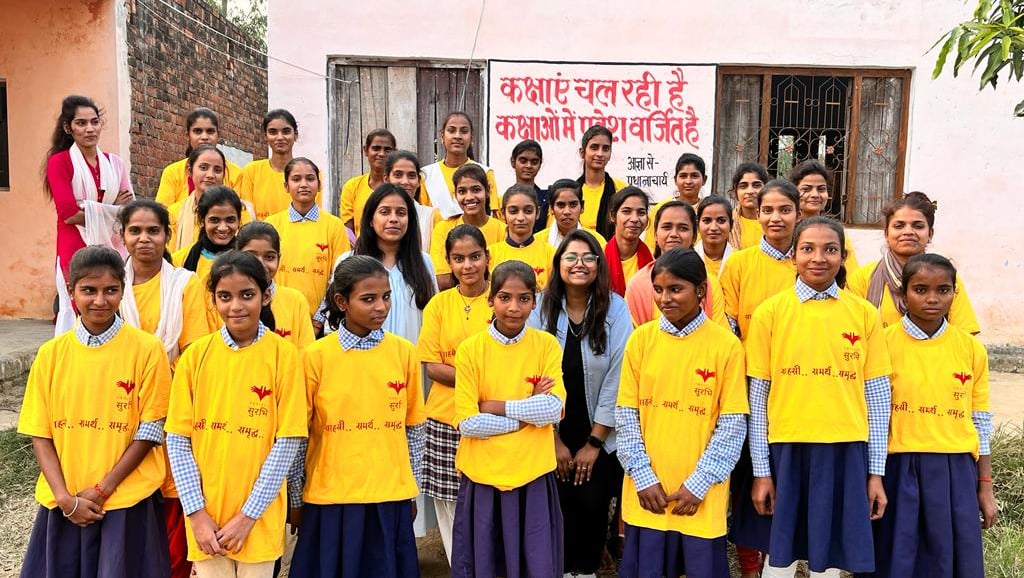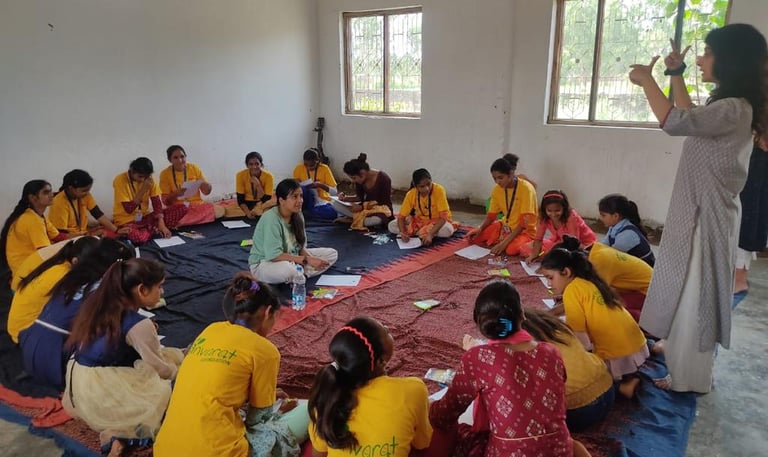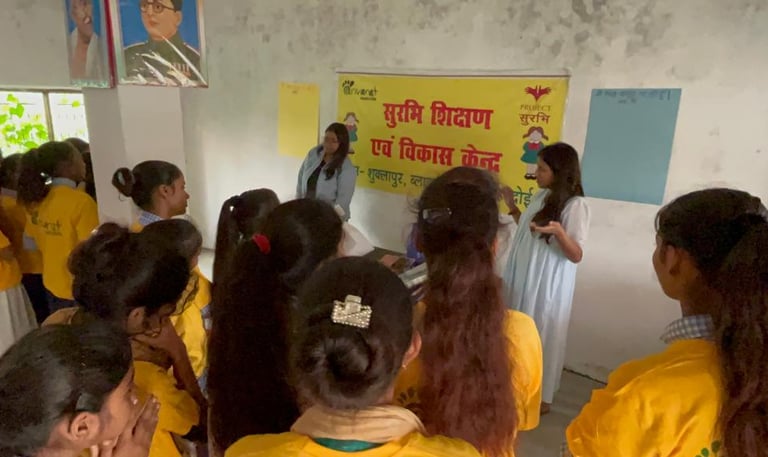Sustainable Livlihood
With support from TRRAIN, Anvarat Foundation conducted a series of 45-day residential skill training programs for individuals with disabilities across Lucknow, Raipur, Allahabad, and Chandigarh. These programs were designed with the aim of building confidence, capability, and career readiness among persons with disabilities by offering customized training that meets industry needs, especially in the retail sector.


10+
2000+
Girls
Villages
Project Overview
The initiative empowered nearly 500 participants, who not only completed the training but also secured employment in various retail outlets, leading to improved economic stability and social inclusion. The program highlighted the importance of accessible skilling and proved that given the right support, persons with disabilities can thrive in mainstream employment.
Key Components:
Residential Skilling Model: Participants were enrolled in a fully residential setup, which provided a focused and immersive learning environment. The residential nature ensured consistent participation and reduced external challenges, especially for those coming from distant or underserved areas.
Tailored Skill Training: The curriculum was adapted to suit the specific needs of individuals with disabilities, focusing on retail-related skills such as communication, customer service, sales techniques, and workplace etiquette. The training emphasized both soft and technical skills to improve overall job readiness.
Accessible and Inclusive Learning: Training centers were made accessible and inclusive, with trainers sensitized to work with individuals with various disabilities. The program ensured equal participation and addressed specific barriers faced by the trainees.
Placement Support: After successful completion of the course, participants were placed in reputed retail stores, ensuring real employment opportunities. Ongoing support was provided during the initial phase of employment to help them adjust to the workplace.
Transformational Impact: The program not only offered employment but also boosted the confidence and dignity of participants. It allowed them to become financially independent and challenged social stereotypes, paving the way for a more inclusive workforce.nd conducted training sessions for ASHA workers, enhancing their capacity to manage COVID-related tasks and provide informed care within their communities.






